Nursing schools with no entrance exam prepare students to become registered nurses. A registered nurse provides hands-on patient care in a variety of settings, such as hospitals, urgent care centers, outpatient clinics, and freestanding emergency departments. Some students already work as registered nurses but need additional education to qualify for promotions or advanced degree programs.
According to the U.S. Bureau of Labor Statistics (BLS), registered nurses in the United States earn a median annual salary of $86,070. Nurse managers and other nurse leaders can earn more.
Undergraduate tuition averages $27,470 per academic year, but the total cost of attendance depends on whether a student enrolls full-time or part-time. It typically takes four years of full-time study to complete a bachelor’s degree program at a nursing school with no entrance exam.
Why Trust Us
The Intelligent.com Higher Education Team is dedicated to providing students with independent, equitable school and program rankings and well-researched resources. Our expert-driven articles cover topics related to online colleges and programs, paying for school, and career outlooks. We use data from the U.S. Department of Education’s College Scorecard, the National Center for Education Statistics, and other reputable educational and professional organizations. Our academic advisory team reviews content and verifies accuracy throughout the year for the most current information. Partnerships do not influence rankings or editorial decisions.
- Analyzed over 2,000 national, accredited, and nonprofit colleges and universities
- 800+ rankings pages are reviewed and updated yearly
- Content is informed by reputable sources, surveys, and interviews with academic advisors and other experts
- Over 100 data points are reviewed for accuracy and quality throughout the year, including sources
How we rank schools
Our list features the best Nursing Schools With No Entrance Exam degree programs at top colleges nationwide. Each school featured is a nonprofit, accredited institution — either public or private — with a high standard of academic quality for post-secondary institutions.
We evaluated each school’s program on tuition costs, admission, retention and graduation rates, faculty, reputation, and the student resources provided for online students. We collected data from trusted sources like the National Center for Education Statistics, individual school and program websites, school admissions counselors, and other data sources. Then, we calculated the Intelligent Score on a scale of 0 to 100 based on the following criterion:
Academic Quality:
- Admission rate versus enrollment rate
- Retention rate of students who return after year one
- Accreditation status (regional and programmatic)
- Nonprofit status, both private and public institutions
Graduation Rate
- Overall graduation rate
- Total number of currently enrolled students, including diversity metrics
- Student-to-faculty ratio
Cost and ROI
- In-state and out-of-state per-credit tuition rates and fees
- Required credits to graduate
- Earning potential after graduation
- Availability of federal student loans, scholarships, and other financial aid options
Student Resources
- Available student services for online-only and hybrid programs
- On-campus amenities like tutoring centers and the number of libraries
Read more about our ranking methodology.
Best 9 Accredited Nursing Schools with No Entrance Exam
FiltersInstitution Type
Status
- Intelligent Score
- Alphabetically By University Name
- Acceptance Rate
- Enrollment
- In-state Graduate Tuition
- Out-of-state Graduate Tuition
- In-state Undergraduate Tuition
- Out-of-state Undergraduate Tuition
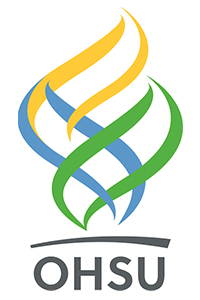
Oregon Health & Science University
Intelligent Score: 99.33In-state: $54,594
Out-of-state: $80,296
In-state: $55,344
Out-of-state: $55,344
SAT: Not Applicable
ACT: Not Applicable
Undergraduate Resident: $588
Non-Resident: $785 Graduate Resident: $686
Non-Resident: $891
On-Campus
Commission on Collegiate Nursing Education
Undergraduate: 120 Graduate: 46-111

West Chester University
Intelligent Score: 98.73In-state: $7,716
Out-of-state: $19,290
In-state: $9,288
Out-of-state: $9,288
SAT: 1010-1180
ACT: 20-26
Undergraduate Resident: $322
Non-Resident: $805 Graduate Resident: $516 - $671
Non-Resident: $684 - $774
On-Campus
Commission on Collegiate Nursing Education
Certificate: 14-16 Undergraduate:120 Graduate: 34-58
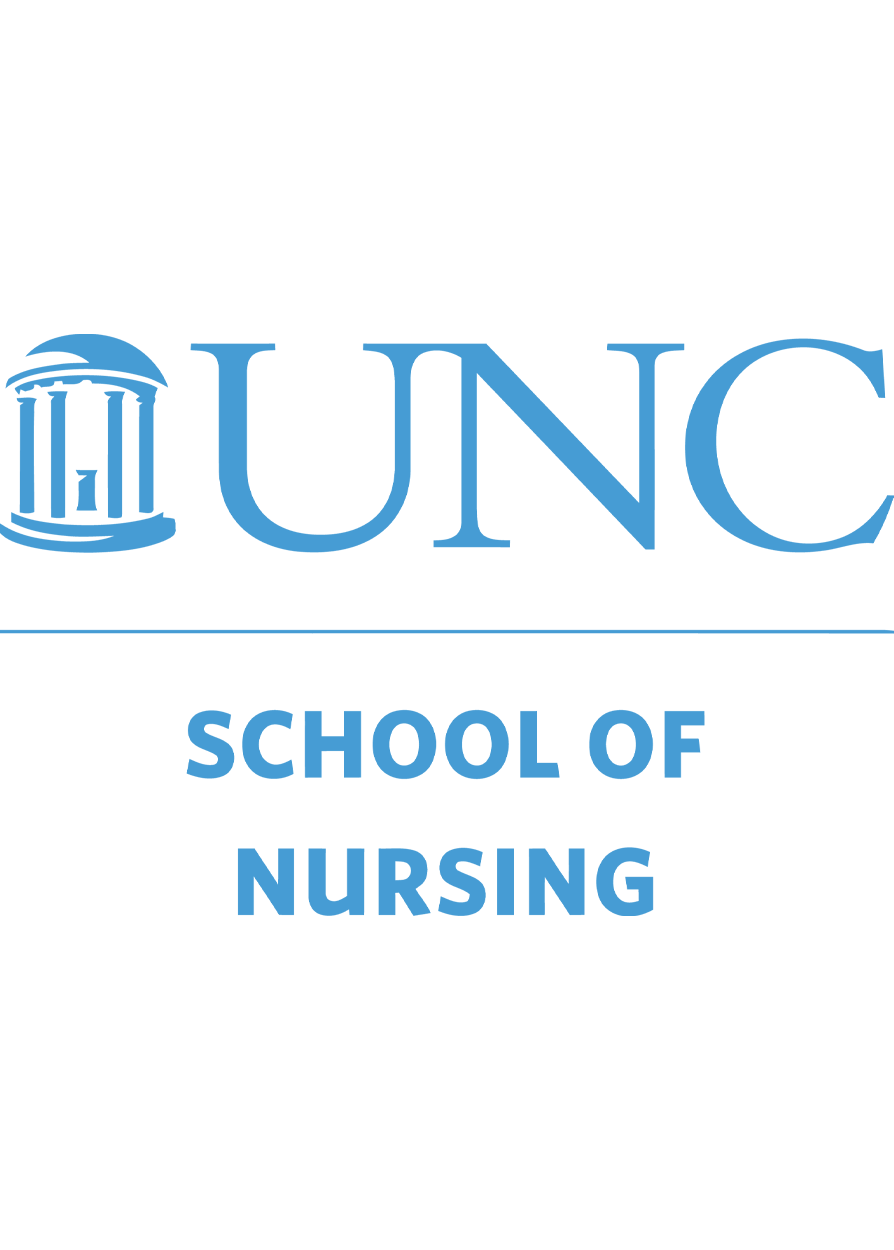
UNC School of Nursing
Intelligent Score: 97.50In-state: $8,992
Out-of-state: $40,215
In-state: $9,282
Out-of-state: $9,282
SAT: NA
ACT: NA
Undergraduate Resident: $292
Non-Resident: $1,556 Graduate Resident: $586
Non-Resident: $1,602
On-Campus
Commission on Collegiate Nursing Education
Undergraduate: 60-120 Graduate: 33-76
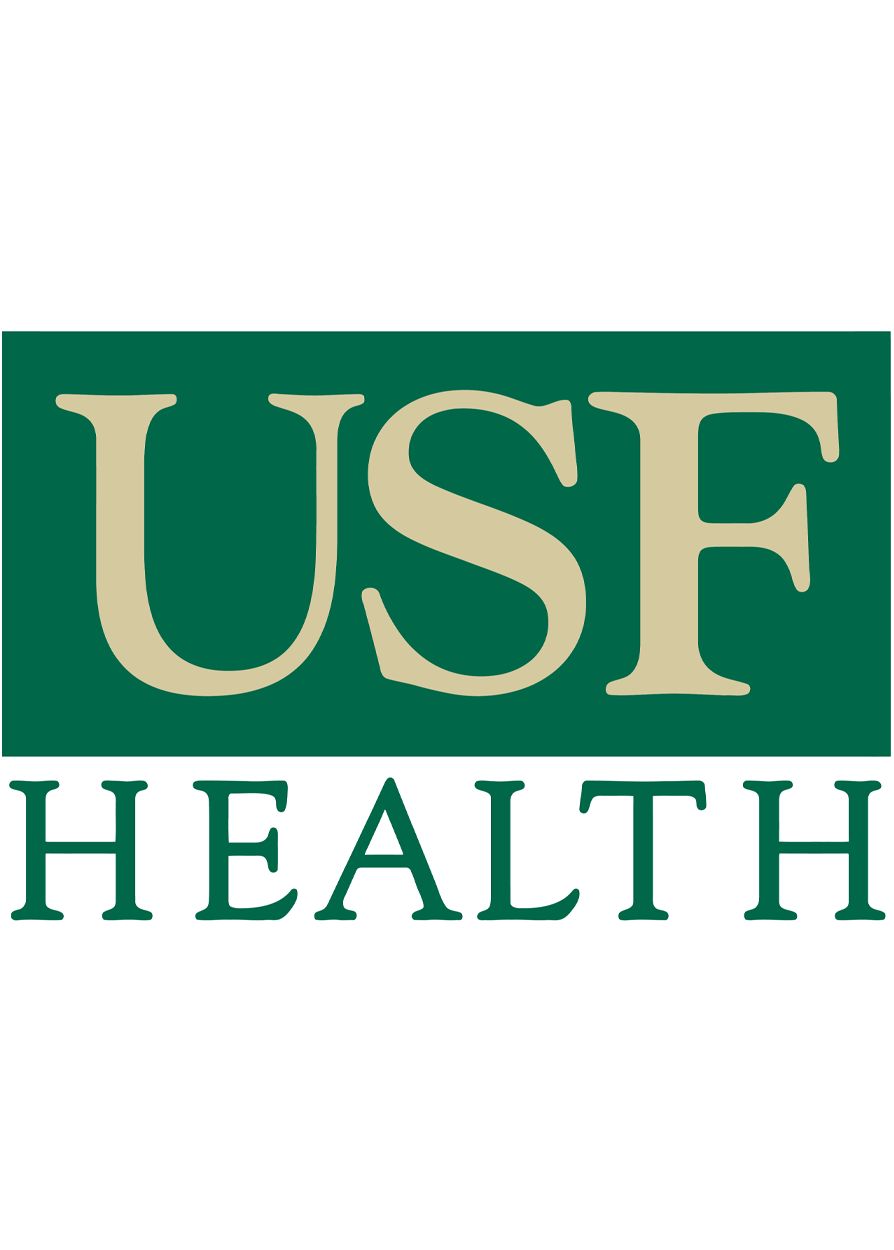
USF College of Nursing
Intelligent Score: 95.64In-state: $14,511
Out-of-state: $29,221
In-state: NA
Out-of-state: NA
SAT: NA
ACT: NA
Undergraduate Resident: $211
Non-Resident: $575 Graduate Resident: $431
Non-Resident: $877
On-Campus
Commission on Collegiate Nursing Education
Certificate: 9-13 Undergraduate: 62-120 Graduate: 45-83
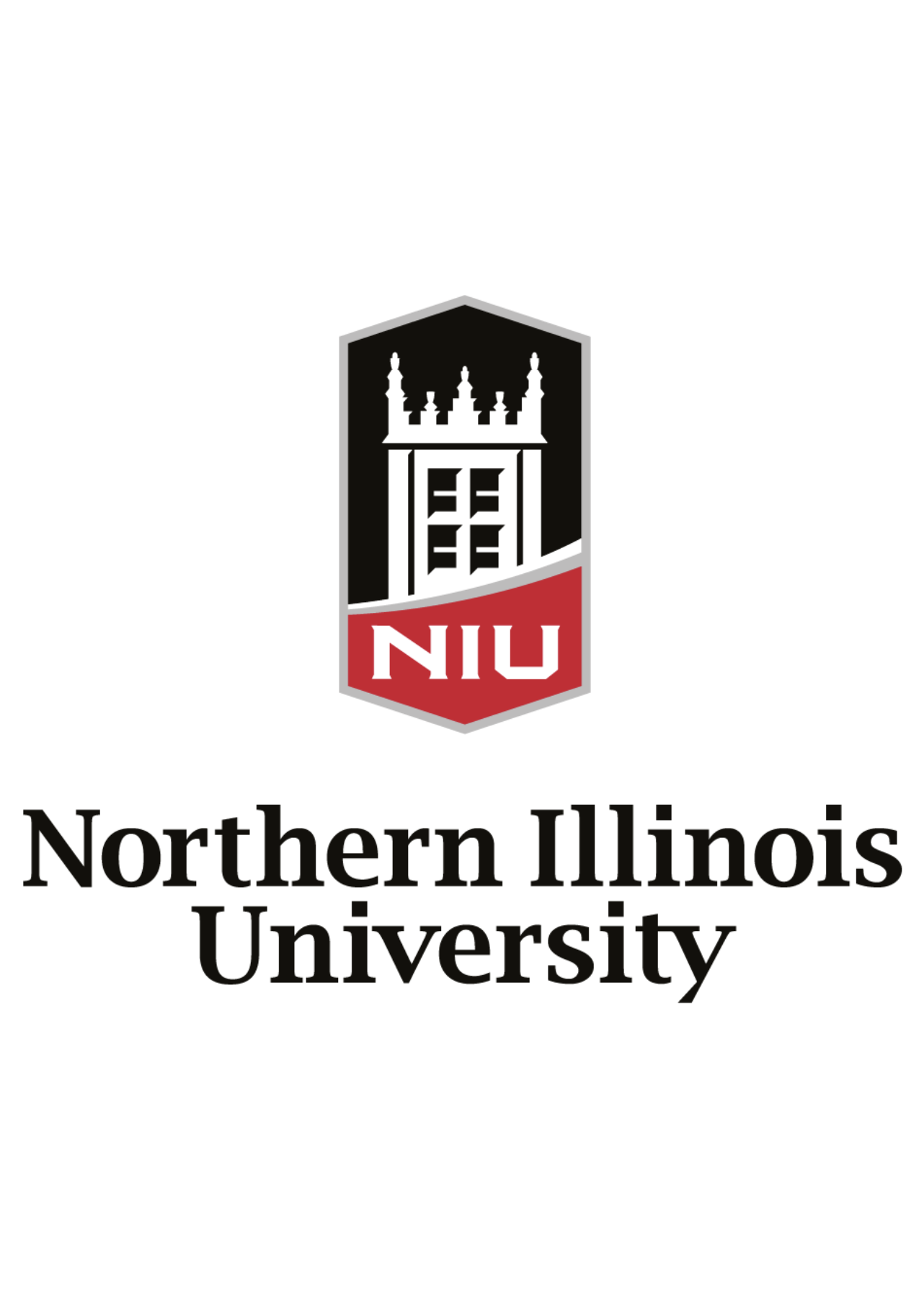
Northern Illinois University
Intelligent Score: 95.40In-state: $9,466
Out-of-state: $9,466
In-state: $8,858
Out-of-state: $8,858
SAT: N/A
ACT: N/A
Undergraduate Resident: $392
Non-Resident: $769 Graduate Resident: $509
Non-Resident: $879
On-Campus
Commission on Collegiate Nursing Education
Undergraduate: 60-120 Graduate: 41

The University of Arkansas at Little Rock
Intelligent Score: 92.66In-state: $7,568
Out-of-state: $24,056
In-state: $7,752
Out-of-state: $7,752
SAT: 1090-1280
ACT: 23-29
Resident: $220
Non-Resident: $635
On-Campus
Accreditation Commission for Education in Nursing
60-121
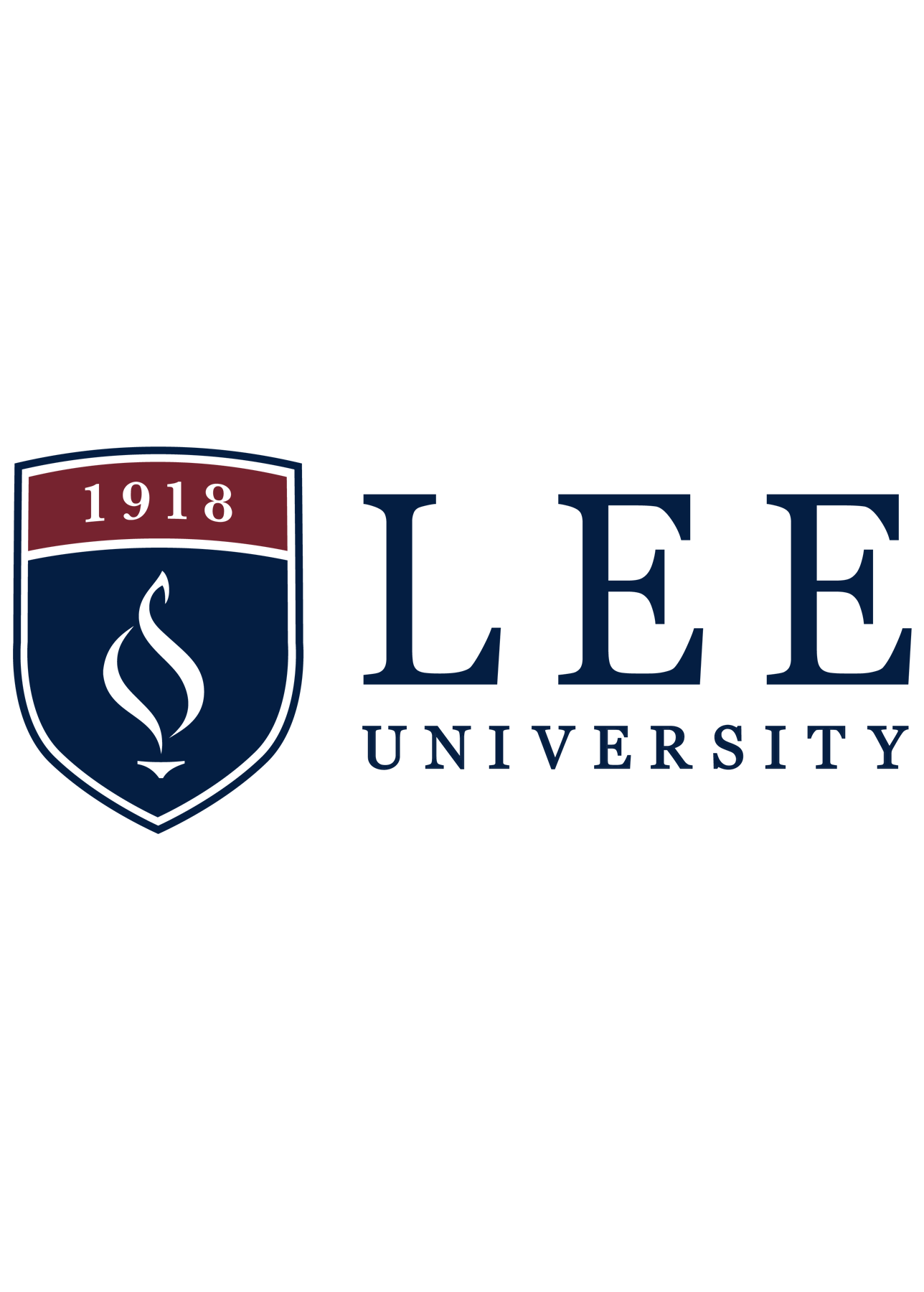
Lee University
Intelligent Score: 91.71In-state: $18,840
Out-of-state: $18,840
In-state: $14,130
Out-of-state: $14,130
SAT: 970-1200
ACT: 21-27
Undergraduate: $960 Graduate: $940
On-Campus
Commission on Collegiate Nursing Education
Undergraduate: 120-124 Graduate: 28-55

GW School of Nursing
Intelligent Score: 91.35In-state: $55,961
Out-of-state: $55,961
In-state: $31,770
Out-of-state: $31,770
SAT: 1270-1450
ACT: 30-33
Undergraduate: $1.450 Graduate: $1,530
On-Campus
Commission on Collegiate Nursing Education
Certificate: 20-23 Undergraduate: 60-120 Graduate: 36-72
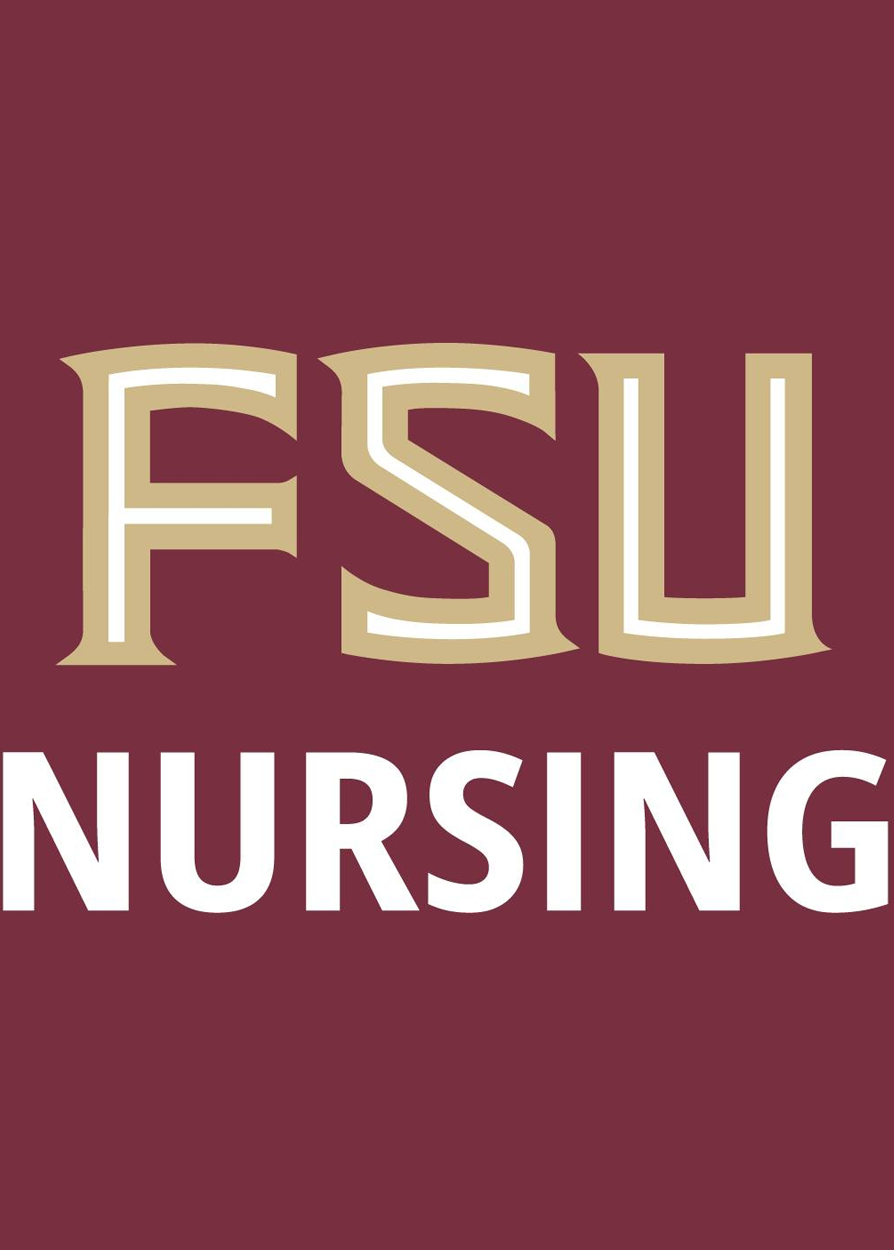
FSU College of Nursing
Intelligent Score: 90.05In-state: $5,391
Out-of-state: $13,480
In-state: $5,391
Out-of-state: $5,391
SAT: NA
ACT: NA
Undergraduate Resident: $215
Non-Resident: $721 Graduate Resident: $479
Non-Resident: $1,110
On-Campus
Commission on Collegiate Nursing Education
Certificate: 20-23 Undergraduate: 60-120 Graduate: 63-71
How to Choose a Nursing School With No Entrance Exam
Choose your area of study
Nursing schools offer standardized course paths to prepare students for the challenges of nursing in the 21st century. However, you may have the opportunity to try out several nursing specialties as part of your clinical practicum. If you’re set on a particular specialty, some programs may be a better fit for your needs than others.
You also need to determine whether you want to enroll in a traditional nursing program or a hybrid program. In a traditional program, all coursework takes place on campus or at assigned clinical sites. Hybrid programs include a mix of online courses and in-person experiences.
Research schools and programs
Many schools now have nursing programs with no entrance exam required, but not every program is right for your needs. If you plan to enroll in a traditional program, look for schools close to your home or workplace to minimize the amount of time you spend commuting. If you’re interested in doing your clinical locations at a specific hospital, search for programs with a solid track record of placing students at your preferred site.
It’s also important to search for accredited schools. An accredited institution meets established standards related to program quality, student retention, and graduation rates. At the end of the initial research process, you should have a list of three to five programs matching your requirements.
Prepare for tests and applications
Since you’re looking for nursing schools with no entrance exam, you don’t have to worry about taking the Graduate Record Examination. However, you still need to submit an application to each school on your list. To find out the application criteria for each school, contact an admissions counselor as soon as possible.
You may need to submit letters of recommendation, college transcripts, and a statement explaining why you want to attend nursing school. Start gathering these materials as soon as possible.
Select your program
If you apply to three or four programs and receive one offer letter, review the terms carefully before accepting. If you receive multiple offer letters, do some additional research to determine which program is the best fit for your needs.
For example, if one school has a hybrid program and the other doesn’t, a hybrid schedule may help you save time and keep your commuting costs in check. It’s also essential to review the cost of attendance for each school. If one program is way out of your budget, eliminate it from your list.
Determine how you’ll pay for your degree
When you accept an offer, you may have to pay a deposit to hold your place in the next class. This gives you some time to determine how you’ll pay for your degree. Depending on your financial circumstances, you may qualify for Pell Grants, subsidized federal loans, or unsubsidized federal loans. To check your eligibility, fill out the Free Application for Federal Student Aid.
Another option is to apply for need-based and merit-based scholarships. In most cases, you don’t have to repay scholarship funds, so it’s important to apply for as many as you can. If you’re employed, find out if your employer offers tuition reimbursement. If none of these options work out, contact the business office at your new school to negotiate a payment plan.
What Can You Expect From a Nursing School With No Entrance Exam?
Nursing schools with no entrance exams offer a mix of traditional courses and clinical experiences, giving students the opportunity to apply nursing theory in a practical setting. A typical undergraduate program includes several general education courses, such as algebra, history, and literature. Nursing students also take anatomy and physiology, chemistry, biology, and nursing theory courses. It’s also common for nursing schools to require a course in bioethics or healthcare ethics.
It typically takes four years to complete an undergraduate nursing program. However, there are some exceptions. If you completed your general education requirements at another school, you may be able to complete your nursing courses and clinicals in less time. It may take five or six years to complete a nursing program if you enroll as a part-time student.
Nursing programs typically include simulation labs, clinical rotations, and other hands-on activities in addition to standard coursework.
Potential courses you’ll take at nursing schools with no entrance exam
- Nursing Pharmacology. Nurses have to administer medications, so they must understand how prescription and over-the-counter drugs affect the human body. Students learn the basic principles of pharmacology, such as how certain drug classes work and what side effects they cause. Nursing pharmacology also covers how different types of drugs help patients manage their symptoms.
- Pathophysiology. Pathophysiology focuses on the physiological processes associated with injuries and illnesses. Students learn about the most common illnesses in each organ system, including the causes and symptoms of each illness. Pathophysiology also covers the prevalence and significance of common diseases.
- Nursing Care of Vulnerable Populations. Some groups of people are at higher risk of illness and injury than others. Nurses have to know how to care for these groups effectively. This course focuses on delivering patient care in a way that improves outcomes for individuals in high-risk groups.
- Health Assessment. Nurses ask questions, take vital signs, and use other methods to gather data about each patient’s health status. This is known as nursing assessment, an essential part of providing high-quality care. In this course, students learn how to take a patient’s medical history, conduct a physical examination, and document each patient’s needs.
Nursing Schools With No Entrance Exam Frequently Asked Questions
How do I apply to a nursing school with no entrance exam?
First, contact an admissions representative at each school on your list. Admissions professionals are well-equipped to walk you through the application process. You may need to submit academic transcripts, letters of recommendation, and other materials.
Ask professors, colleagues, and supervisors for letters of recommendation as soon as possible. The more time someone has to write a recommendation letter, the less likely they are to write something generic. Be sure to request transcripts early, as you may have to wait several weeks for a college registrar’s office to fulfill your request.
How much does a nursing school with no entrance exam cost?
During the 2021-2021 academic year, undergraduate tuition averaged $15,407, making the average cost of a four-year degree nearly $62,000. Students also need to account for the cost of textbooks, lab fees, software, and general living expenses when calculating the total cost of a nursing degree.
How long does it take to earn a degree at nursing schools with no entrance exam?
A full-time student typically takes four years to complete an undergraduate nursing degree. This assumes that you’ve never taken any college classes. It may take less time if you started out in a different program and have already completed some of your general education requirements.
An online program may take longer to complete due to certain residency requirements. For example, you may have to go to campus for a week before you begin your clinical rotations. You also need to consider the number of credits required. It takes a minimum of 120 credits to earn a bachelor’s degree, but some schools require higher credit loads. The more credits you have to complete, the longer it takes to finish the program.

